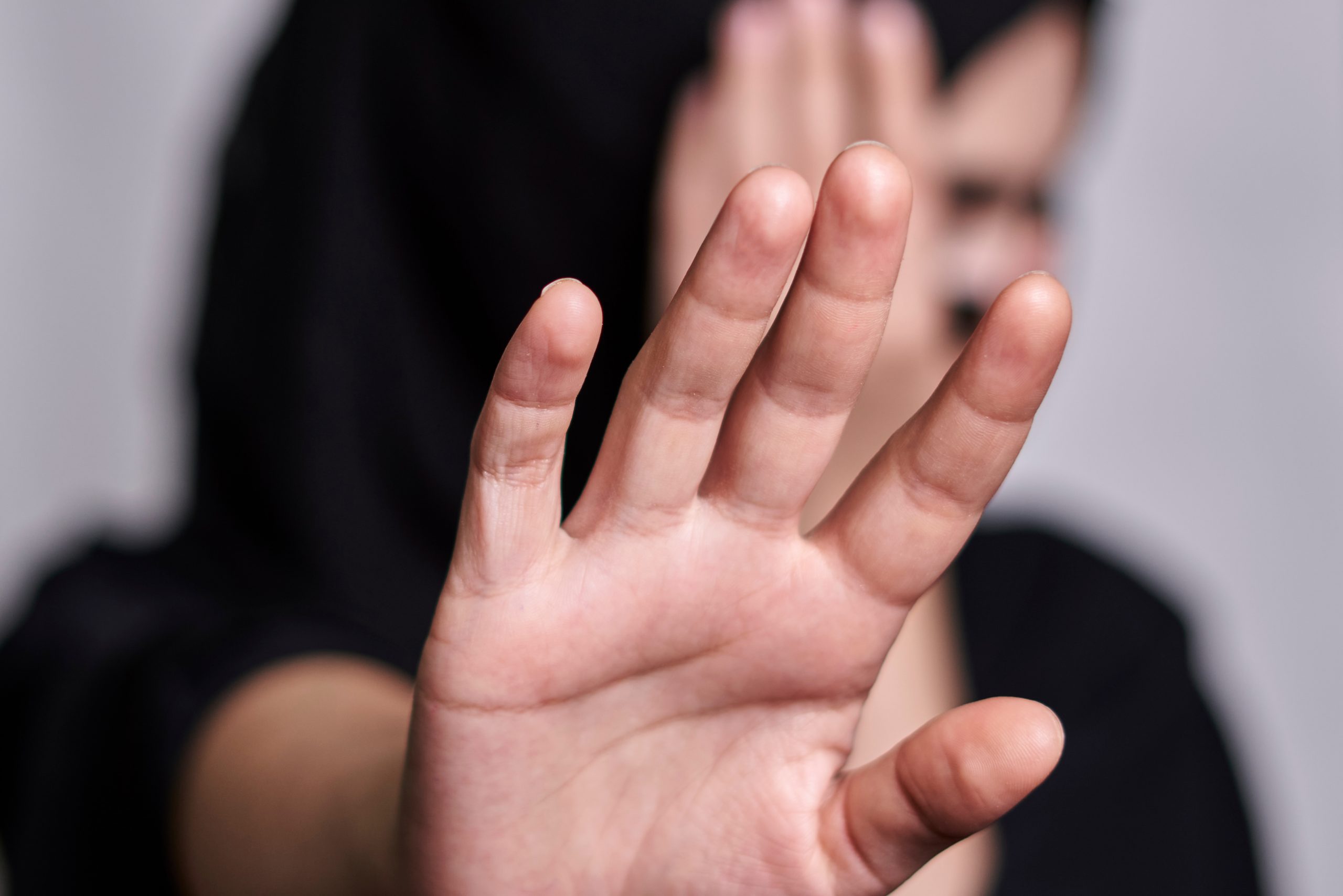
During any given semester, a small percentage of UConn students run afoul of the UConn Student Code of Conduct. For many violations, this may result in a conference or hearing with staff in the Office of Community Standards. But for those who commit more serious offenses or are already on University probation, it can result in suspension from the University for up to a year – or expulsion for the most serious incidents.
Expelled students are barred from enrolling at UConn again, but students who are suspended can return. Yet for a long time, many never did. From 1968 through 2000, only 33 percent of students who were suspended returned to UConn, and of those who did return, only 68 percent went on to graduate. While these numbers improved in the early 2000s, they still weren’t high enough for Community Standards.
So in 2006, the office instituted a series of new measures designed to bring those numbers up further. Between July 2006 and the present, 61 percent of students who were suspended later reenrolled at UConn – and of those, 94 percent are either still enrolled or have graduated.
“The fact is that we want students to come back to the University after their suspension is complete,” says Catherine Cocks, director of the Office of Community Standards. “That is why they were suspended and not expelled. We want them to be able to return and be successful.”
Beginning in 2006, any student who was suspended was assigned to a Community Standards staff member, who works with the student to plan what they will do while on suspension and what they need to do in order to come back to the University.
“In the past when a student was suspended, the University often would not have much contact with them after that,” says Cocks. “This led to many suspended students drifting away and not coming back. What we’ve set-up is a kind of mentoring program designed to guide students through their suspension and create a path to return to UConn if they would like to do that.”
The staff member talks to the student about where they’re going to live, where they may work or take classes outside of UConn, and what steps they will take to get back in to the University.
“The staff member makes sure the student meets deadlines, gets alcohol or drug assessments if necessary, and fills out the right paperwork to apply to reenter the University,” says Cocks. “They are the student’s point of contact during the suspension and help guide them along.”
For students who have been suspended, the key area that is covered with the staff member is how their behavior will change if they come back.
A number of things can lead to a student being suspended: in the 2009-2010 school year, 18 students were suspended for infractions that included possession of drugs, driving under the influence, endangering other students, and academic misconduct.
A total of seven students were expelled.
A third option when addressing acts of serious student misconduct is to place that student on probation for a year. This, too, has changed in recent years: beginning in the fall of 2008, students who were placed on probation were allowed to appear before a three-person peer review board after six months to demonstrate why they believe that their probation should conclude. The board, made-up of fellow students, then decides whether to end or extend the probation.
Students who are in good standing can apply to serve on the board through Community Standards.
Eighty-six students or student organizations (organizations can also be placed on probation) appeared before the peer review board in 2009-10, and 72 of them had their probation lifted. The remaining 14 were denied.
“Students and organizations need to demonstrate a positive, ongoing contribution to the University academically, socially, and behaviorally,” says Cocks. “Are they doing well in their classes? Are they participating in constructive activities on campus? Are they staying out of trouble? The answers to these questions are part of the decision.”
Those who violate the student code while already on probation run a greater risk of being suspended.
Cocks says that very often, positive changes can result from the disciplinary conduct process. When reapplying to the University, students who are off suspension are asked who had the greatest positive influence in their life in the past year.
“A number of them,” she says, “have said that it was the hearing officer who suspended them.”


